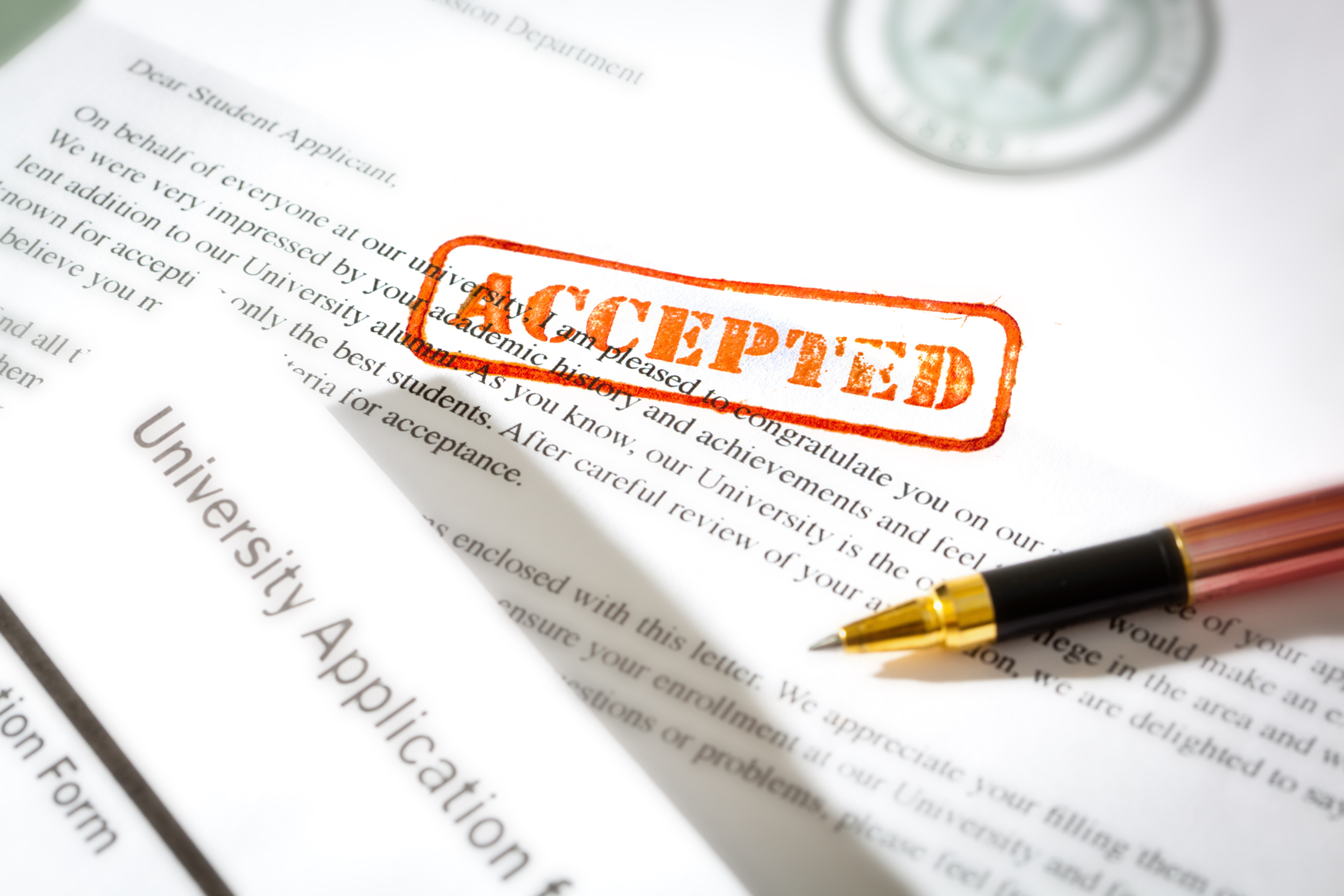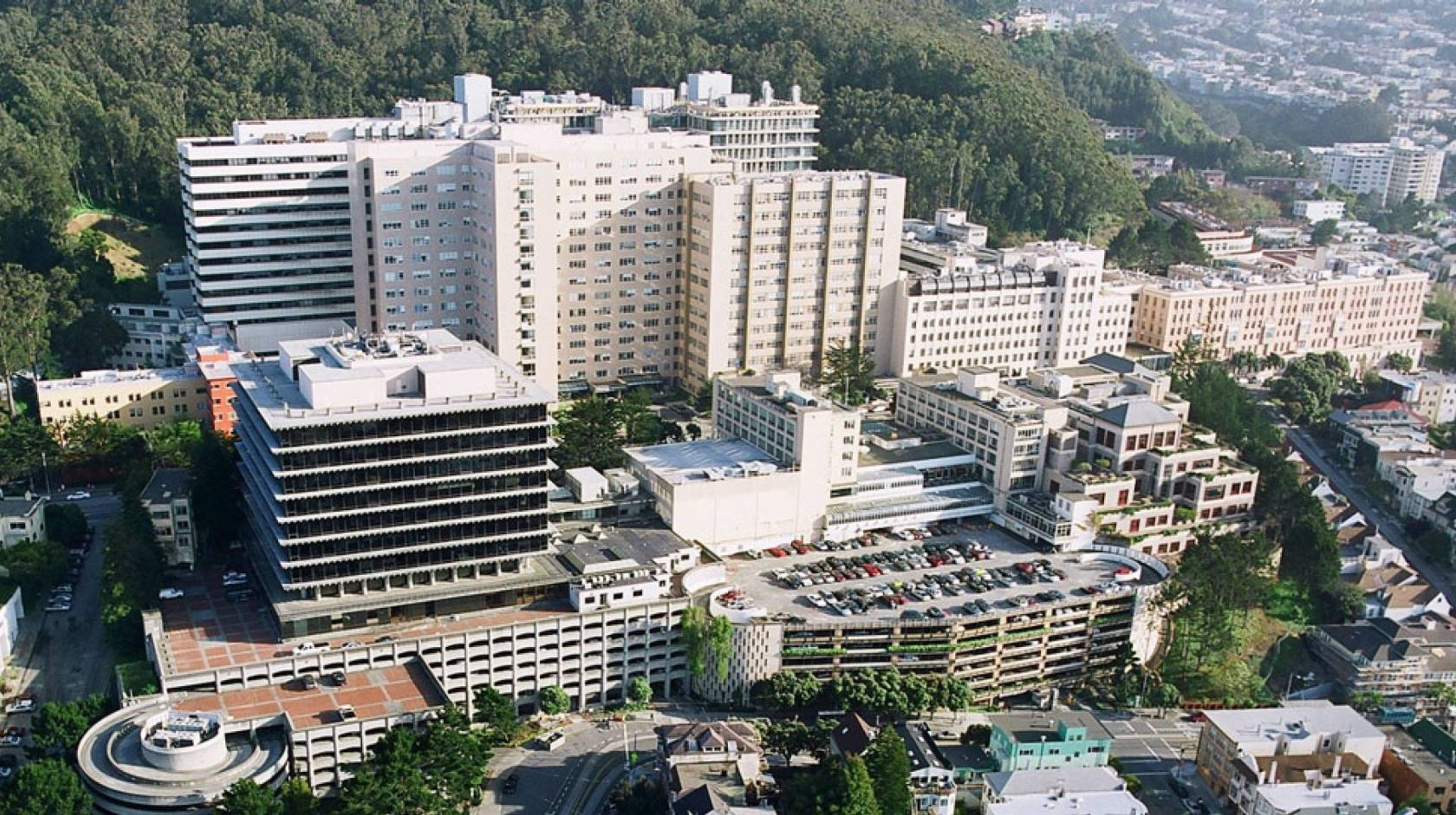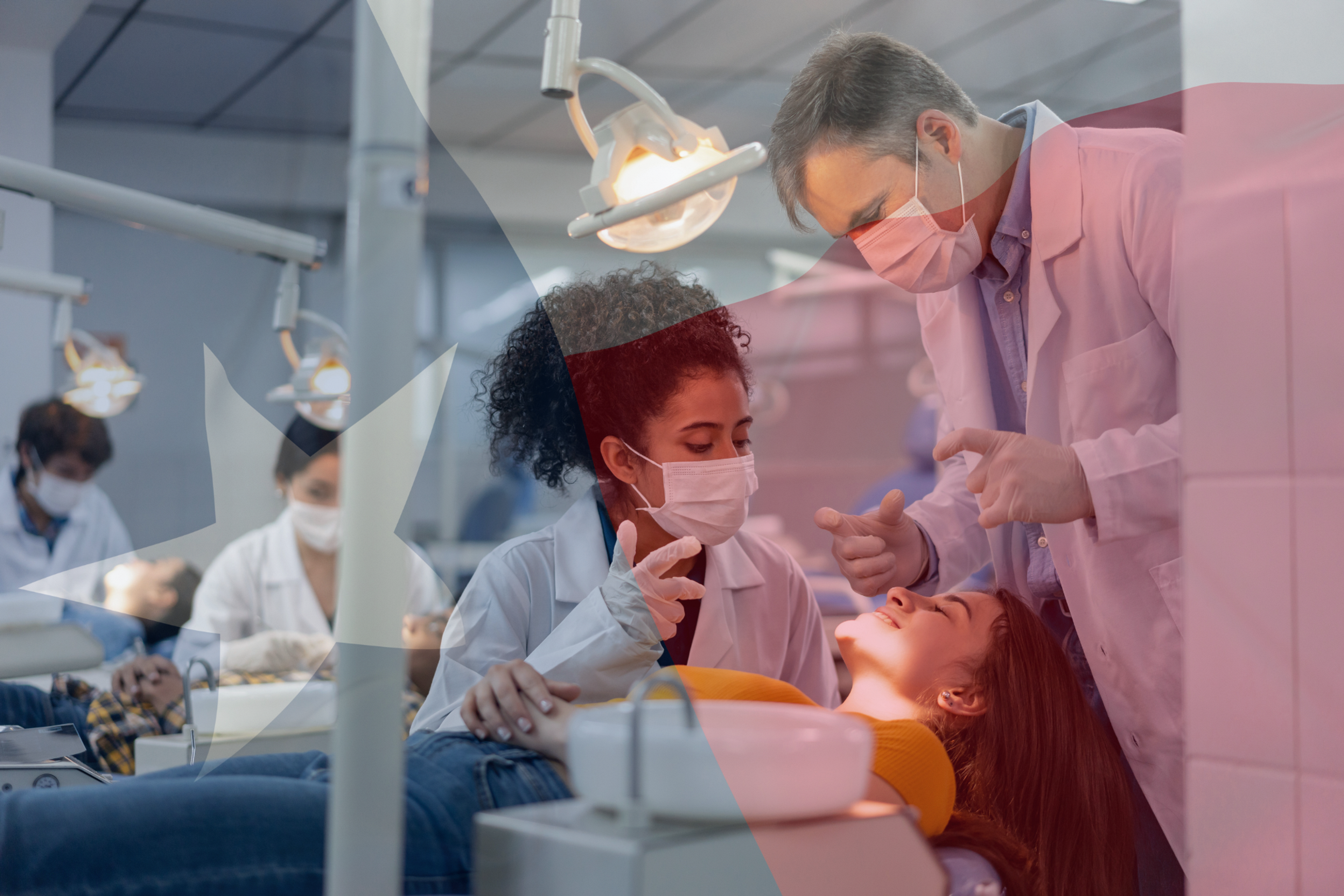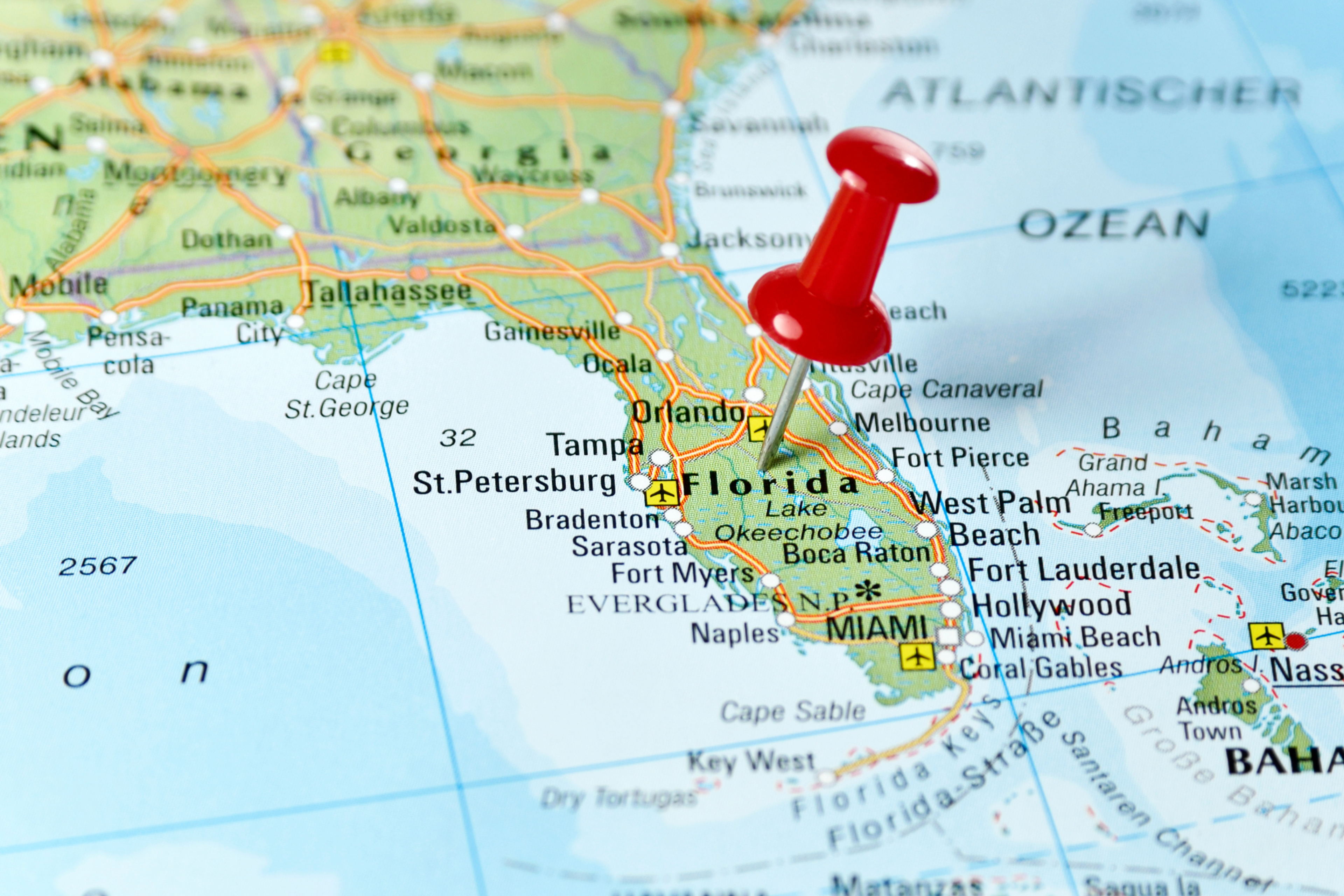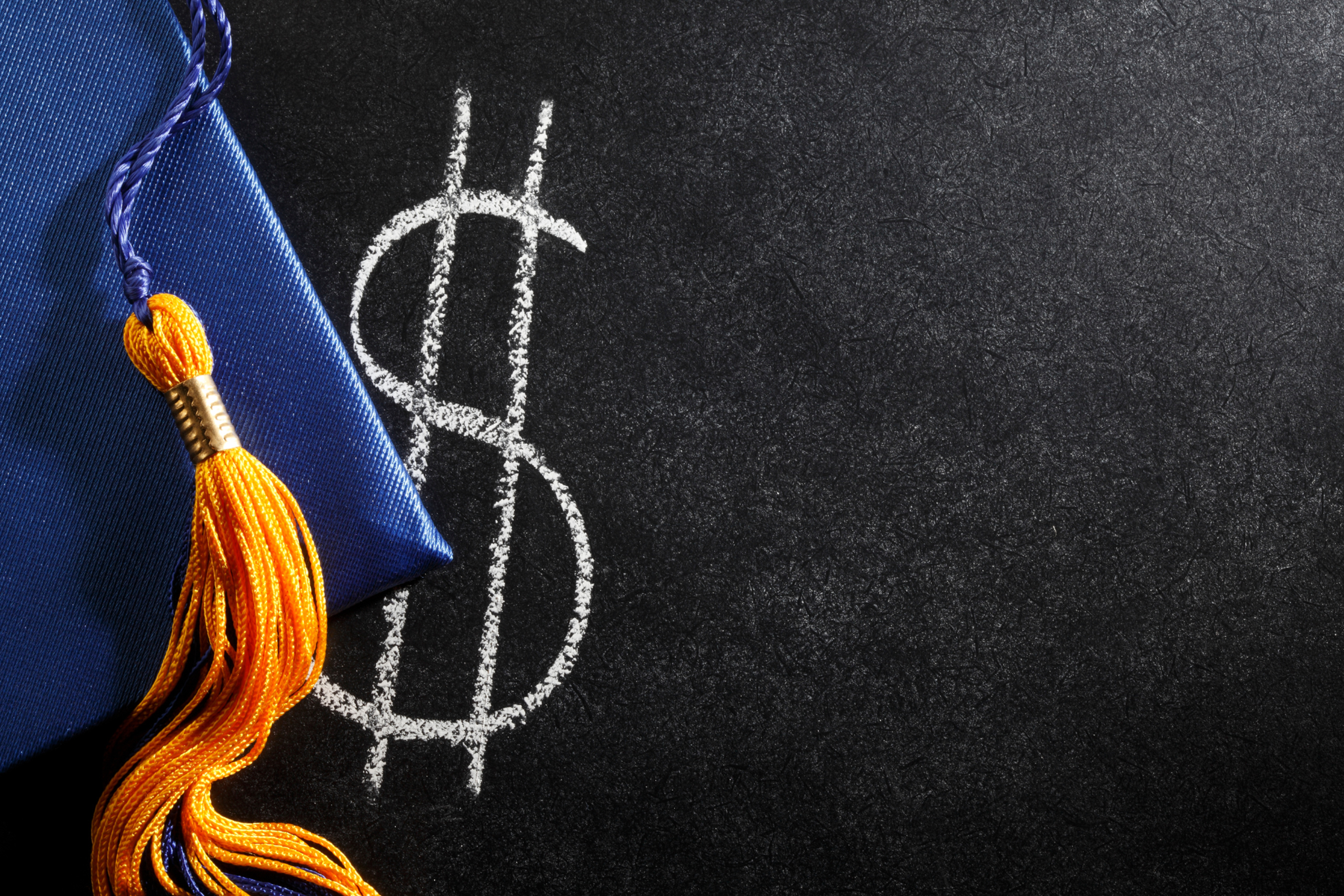How to Get Into UMKC Dental School – Requirements, Acceptance Rate, & Tips
Learn how to get into UMKC Dental School with admissions stats, GPA and DAT tips, and expert advice on improving your chances of acceptance.
Posted June 17, 2025

Join a free event
Learn from top coaches and industry experts in live, interactive sessions you can join for free.
Table of Contents
The UMKC School of Dentistry is the only public dental school in Missouri and serves as a primary provider of dental education and patient care across the Midwest. Since opening in 1881, the school has trained more than 10,000 dentists and hygienists, many of whom go on to serve rural and underserved populations in Missouri and beyond. As part of the University of Missouri system, UMKC offers students access to a broad healthcare network, research opportunities, and affordable in-state tuition.
The school’s Doctor of Dental Surgery (DDS) program is structured around early clinical exposure, rigorous coursework in biomedical sciences, and extensive patient care experience. Clinical training begins in the first semester, allowing students to develop diagnostic and communication skills in real-world settings from the start. By the third year, students are fully engaged in general clinic rotations and team-based care, managing comprehensive treatment plans under faculty supervision.
Dental accreditation by the Commission on Dental Accreditation is crucial for the UMKC School of Dentistry's programs, ensuring that the education provided meets the highest standards required for professional practice.
This guide breaks down everything you need to apply to the UMKC School of Dentistry — including admissions data, degree requirements, clinical training details, and practical tips to strengthen your application.
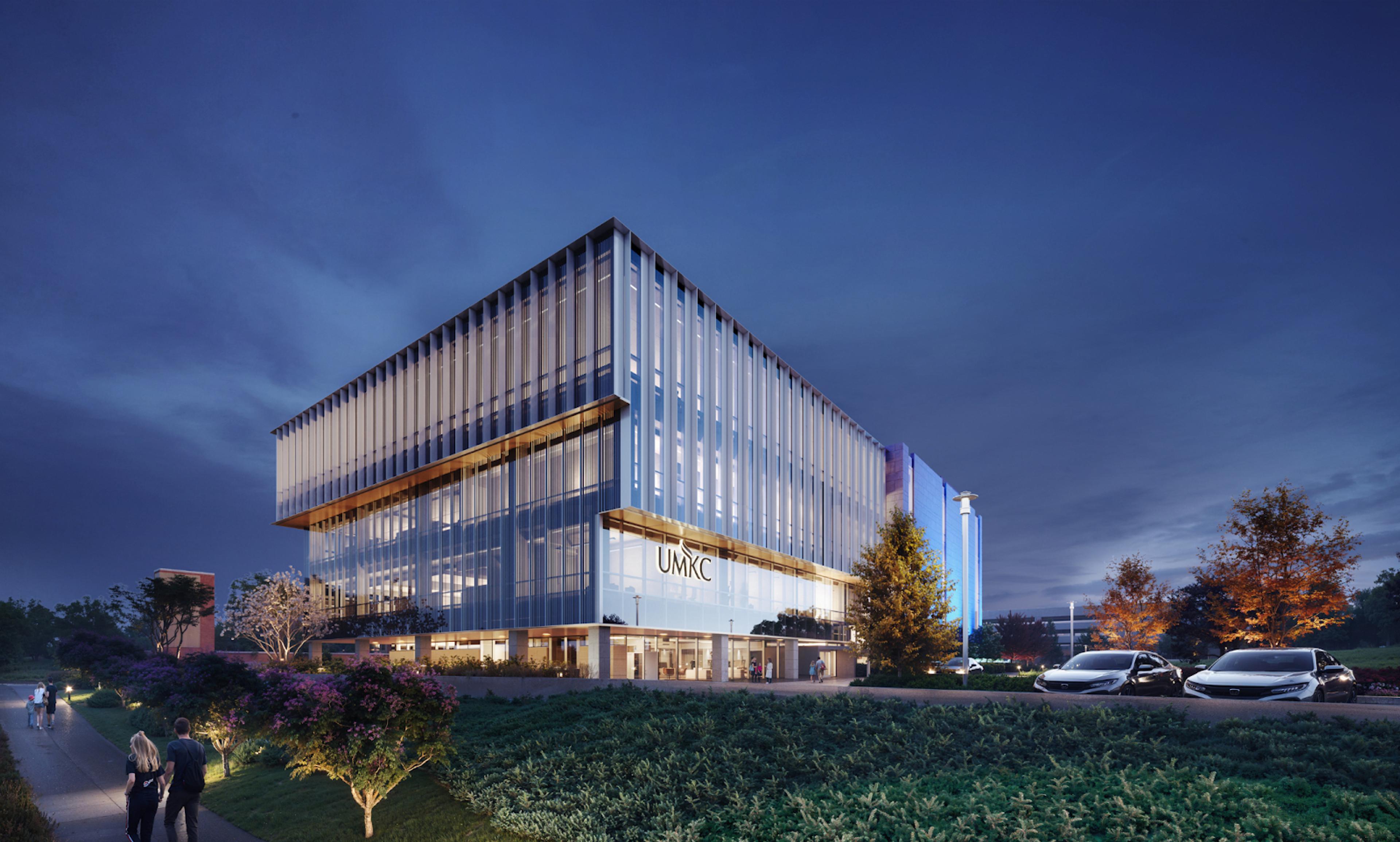
How Hard Is It to Get Into UMKC Dental School?
Admission to the UMKC School of Dentistry is highly selective. For the DDS Class of 2028, the school received 1,062 AADSAS applications, interviewed 212 candidates, and students accepted into the program numbered 109, resulting in an overall acceptance rate of 10.3%. The admissions process favors Missouri residents and applicants from a select group of partner states.
Academic Competitiveness
| Requirement | Minimum | Preferred | Average (Admitted) |
|---|---|---|---|
| Science & Math GPA | 3.0 | 3.4+ | 3.77 |
| DAT Academic Average | 16 | 17+ | 20.5 |
| Prerequisite Credits | 90 to apply | 120 to enroll | — |
Note: UMKC requires all prerequisite coursework to be completed by the end of the spring semester before matriculation. Multiple subscores below 17 on the DAT (old scale) may significantly impact a candidate’s competitiveness.
Acceptance Rates by Residency
| Category | Applicants | Enrollees | Acceptance Rate |
|---|---|---|---|
| Overall | 1,062 | 109 | 10.3% |
| Missouri | 170 | 64 | 37.6% |
| Kansas | 80 | — | — |
| Out-of-State | — | — | 7.0% (prior cycle) |
| International | — | 3 | — |
| Reserved Seats | — | 6 + 31 | — |
Note: UMKC is Missouri’s only public dental school and receives state support to prioritize Missouri residents. The school also gives preferred consideration to qualified applicants from Kansas, New Mexico, and Hawaii, based on formal or informal agreements. Students from other states are reviewed on a case-by-case basis and must demonstrate exceptional academic performance and alignment with the school’s mission.
Read: Dental School Acceptance Rates: Factors and Strategies for Admission
DDS Class of 2028 Profile
| Metric | Value |
|---|---|
| Total Enrolled | 109 students |
| Average DAT Academic Average | 20.5 |
| Average Math & Science GPA | 3.77 |
| Gender Breakdown | 64 females, 45 males |
| Age Range | 18–36 |
| States Represented | AR, GA, HI, IL, KS, MO, NM, OK |
| Additional Country | Kuwait (via UMKC-Kuwait Dental Agreement) |
| First-Gen College Students | 16 |
| Legacy Students | 14 |
The program admits a diverse cohort of students. The Class of 2028 includes applicants from multiple racial and ethnic backgrounds:
- 73 White
- 21 Asian
- 7 Hispanic
- 3 Black
- 4 identifying with multiple races/ethnicities
- 1 not reported
Visit the UMKC School of Dentistry Incoming Class Demographics
Programs Offered by UMKC School of Dentistry
Doctor of Dental Surgery (DDS)
UMKC’s Doctor of Dental Surgery (DDS) program is a four-year, semester-based professional degree that prepares students for general practice or advanced training in dentistry. The program is designed to build competence in both the scientific principles of oral health care and the clinical skills required for patient care. One of the program’s key features is early clinical exposure, with students engaging in patient interaction and pre-clinical lab work starting in the first semester. The curriculum includes instruction in dental restorative techniques as a critical component of the first-year coursework. The curriculum combines biomedical sciences, pre-clinical technique instruction, and extensive clinical practice in the school’s general clinic. Students provide comprehensive patient care under direct faculty supervision while also participating in seminars, rotations, and advanced coursework across all dental specialties.
DDS Curriculum Overview by Year
Throughout the program, students participate in team-based care models and are assessed on both clinical and academic performance. Instruction is delivered through lectures, lab sessions, simulation clinics, small-group case discussions, and direct patient care.
| Year | Curriculum Focus |
|---|---|
| Year 1 | Core instruction in biomedical sciences, dental morphology, and introductory courses in operative dentistry, oral diagnosis, and preventive periodontics. Students also begin pre-clinical labs and start developing diagnostic skills. |
| Year 2 | Emphasis on pre-clinical coursework in operative dentistry, prosthodontics, endodontics, and oral radiology. Coursework includes pathology, pharmacology, and preparation for clinical patient care. Students begin treatment planning and participate in simulated patient care environments. |
| Year 3 | Students are fully integrated into the general clinic, where they begin providing comprehensive patient care. Clinical coursework includes pediatric dentistry, oral surgery, periodontics, and restorative dentistry. Students are assigned patients and rotate across disciplines. |
| Year 4 | Focused on extensive clinical practice, students manage full caseloads and refine treatment planning skills. The final year emphasizes professional development, clinical competency, and practice management. Students must demonstrate readiness for independent practice. |
Advanced Standing Program for International Dentists
UMKC also offers a 29-month Advanced Standing DDS program for dentists trained outside of the United States. This program is designed for foreign-trained dentists who wish to earn a U.S.-accredited Doctor of Dental Surgery (DDS) degree and become eligible for dental licensure in the United States. Accepted students complete a full semester of preparatory coursework, after which they are integrated into the third and fourth years of the traditional DDS program. The curriculum emphasizes clinical readiness and communication skills to ensure graduates meet the same competencies as those in the standard four-year track.
Program Highlights:
- Length: 29 months
- Class Size: 9 students
- Start Date: January
- Degree Awarded: DDS
Admission Requirements:
- Dental degree from a non-accredited international dental program
- Minimum GPA of 3.0 (3.4 preferred)
- Passing scores on the NBDE Part I & II or the INBDE
- Minimum TOEFL iBT score of 90 (home-based tests not accepted)
- Three letters of recommendation (including one from a U.S.-based dentist)
- A course-by-course evaluation of academic credentials by ECE or WES
- Must be a U.S. citizen or permanent resident (Green Card holders only)
Note: Whether applying through the traditional DDS route or the advanced standing program, all students must meet UMKC’s technical standards for observation, communication, motor function, conceptual ability, and emotional readiness to complete the program successfully.
UMKC Dental School Admissions Requirements
Admission to the UMKC School of Dentistry is selective and based on both academic achievement and personal attributes. The school uses a holistic review process to assess each applicant’s academic background, dental-related experience, personal statement, interview performance, and overall fit for the profession. Successful applicants demonstrate strong science coursework, meaningful exposure to dentistry through shadowing, and a record of service and leadership.
Visit the UMKC Dental School Admissions Criteria
Academic Credentials
| Requirement | Minimum | Preferred/Typical of Accepted Students |
|---|---|---|
| Credit Hours Completed | 90 | 120 at the time of enrollment |
| Degree | Not required | A bachelor's degree is strongly preferred |
| Science/Math GPA | 3.0 | 3.7 average |
| Cumulative GPA | — | 3.78 average |
| DAT Academic Average | 16 | 20.5 average |
| DAT Perceptual Ability | — | 20.4 average |
Note: Multiple DAT subscores below 17 (old scoring scale) reduce competitiveness. A new DAT scoring system took effect in March 2025; UMKC provides concordance guidance for interpreting new scores.
Required Prerequisite Courses
| Course | Credits (Semester) | Lab Required |
|---|---|---|
| Biology | 8 | Yes |
| General Chemistry | 8 | Yes |
| Organic Chemistry | 8 | Yes |
| Physics | 8 | Yes |
| Anatomy | 4 | Yes |
| Physiology | 4 | Yes |
| Biochemistry | 4 | Yes |
| Cell Biology | 4 | Yes |
| English Composition | 6 | No |
Note: All prerequisite courses must be completed by the end of the spring semester before fall enrollment. Labs are required when offered and Students may fulfill the cell biology requirement through cell biology, histology, microbiology, or molecular biology.
Recommended Electives
While not required, the following courses are strongly encouraged to improve preparation and competitiveness:
- Microbiology
- Immunology
- Genetics
- Public Health
- Statistics
- Psychology
- Social Sciences
- Nutrition
- Business
- Ethics
- Communications
- Foreign Languages (especially Spanish)
- Art, Ceramics, 3D Design
Non-Academic Requirements
| Requirement | Details |
|---|---|
| Dental Shadowing | 100–200 hours across 3 or more dental office settings |
| Community Service | Ongoing service across 3 or more organizations |
| Letters of Recommendation | 3 required: one from a faculty member, one from a licensed dentist |
| Interview Format | Two virtual, one-on-one interviews (20 minutes each) |
| Supplemental Application | Required by invitation, includes $45 fee (in- and out-of-state applicants) |
| Application Platform | ADEA AADSAS |
| Canadian DAT | Accepted |
| Community College Coursework | Accepted, up to 60 credits |
| Advanced Placement (AP) Credit | Accepted for electives only |
Technical Standards
All admitted students must meet UMKC’s technical standards, which include the ability to:
- Observe dental conditions and procedures accurately
- Communicate effectively with patients and faculty
- Perform motor functions essential to clinical care
- Use analytical and quantitative reasoning to solve clinical problems
- Demonstrate appropriate emotional and behavioral maturity
UKC Dental School Application Timeline (Typical Cycle)
| Milestone | Timeline |
|---|---|
| Application Opens | Early June (via ADEA AADSAS) |
| Preferred Submission Date | September 1 |
| Interviews | September – November |
| Admissions Decisions Begin | December 15 |
Expert Tip: Applying early (June or July) is recommended. Early applications increase the chances of being considered before interview slots are filled.
UMKC School of Dentistry Cost of Attendance
UMKC’s Doctor of Dental Surgery (DDS) program is a four-year professional degree with tuition and fees billed each semester, including required summer terms. The cost of attendance depends on residency status, year of study, and additional fees for clinical instruction, technology, and student life.
When compared to other dental schools, the tuition costs and educational debt incurred by students at UMKC are competitive, with public dental schools generally offering lower tuition rates than private institutions.
2024–2025 DDS Tuition Rates (Flat Rate for 16 Credit Hours)
| Residency | Annual Tuition |
|---|---|
| Missouri Resident | $21,675 |
| Nonresident | $42,898 |
Note: DDS students are required to attend summer sessions, which are billed separately. Additional fees apply based on the cohort year and include instructional fees, clinic charges, technology fees, and student services.
Estimated Annual Cost Breakdown (by Year)
| Year | Tuition (MO Resident) | Tuition (Nonresident) | Estimated Fees | Living Expenses |
|---|---|---|---|---|
| D1 | $21,675 | $42,898 | $9,192 | $11,992 |
| D2 | $21,675 | $42,898 | $9,192 | $15,989 |
| D3 | $25,004 | $48,613 | $4,941 | $15,989 |
| D4 | $25,004 | $48,613 | $4,941 | $15,989 |
Note: Estimates above are based on the most current published rates and typical cost of living for Kansas City. Tuition and fees are subject to change annually.
Visit the UMKC’s Doctor of Dental Surgery Affordability
Tuition Discounts and Waivers
- Full Nonresident Tuition Waivers are available to a limited number of residents from Kansas, Hawaii, and New Mexico under existing exchange agreements.
- SOD Dean’s Nonresident Award: Select highly qualified out-of-state students may receive a 50%–100% waiver of the nonresident tuition differential.
- Residents of Missouri and certain Kansas counties are eligible for in-state tuition under the Graduate Metro Rate. Note: The Graduate Metro Rate does not apply to professional programs like dentistry.
Scholarships and Financial Aid
UMKC awards a limited number of scholarships ranging from $5,000 to $20,000 per year. These are based on:
- Academic performance (including academic average and science GPA)
- Oral health equity or community service contributions
- Leadership and professional potential
- Demonstrated financial need
DDS students are not eligible for federal or state grants. The primary sources of financial aid include:
- Federal Direct Unsubsidized Loans
- Federal Graduate PLUS Loans
- Private or alternative education loans
To apply, students must submit the Free Application for Federal Student Aid (FAFSA) annually. UMKC provides a FAFSA Quick Guide to help applicants understand the process.
Please check the UMKC Financial Aid and Scholarships for more information.
Summary: What to Expect Financially
| Category | Missouri Resident (4 Years) | Nonresident (4 Years) |
|---|---|---|
| Estimated Total Tuition | $93,358 | $183,022 |
| Estimated Total Fees & Expenses | ~$89,000 | ~$89,000 |
| Total Program Cost (Approx.) | ~$182,000 | ~$272,000 |
5 Expert Tips for Getting Into UMKC Dental School
1. Take Advantage of State Residency: UMKC gives preference to applicants from Missouri, Kansas, New Mexico, and Hawaii. If you attend college in one of these states, you may qualify for in-state tuition or a nonresident waiver. In-state applicants had a 39.3% acceptance rate compared to 7.0% for out-of-state.
2. Diversify Your Shadowing Experience: UMKC values exposure to multiple dental environments. Aim for shadowing in at least five different settings—like general, pediatric, oral surgery, and public health. List the settings and reflect on what you learned in each to show depth and range.
3. Time Your Science Courses Strategically: Admissions are rolling, so complete key prerequisites like biochemistry, anatomy, and molecular biology before or during your application semester. Early completion with strong grades boosts your science GPA and review strength.
4. Align Your Personal Statement With UMKC’s Values: Focus on real experiences related to teamwork, ethics, and service. Reflect on moments where you helped underserved populations, worked in teams, or navigated challenges in patient care. Specific, local examples work better than broad narratives.
5. Prepare for the Interview With Real Stories: UMKC’s interviews assess communication and values, not clinical knowledge. Use the STAR method to talk about how you handled conflict, failure, or teamwork. Keep 4–5 strong examples ready that reflect responsibility, adaptability, and integrity.
The Bottom Line
The UMKC School of Dentistry is a competitive program that combines academic rigor, early clinical exposure, and an emphasis on oral health care in underserved communities. Applicants with strong academic credentials, service backgrounds, and meaningful dental experience will be best positioned for acceptance. Plan, apply early, and submit a complete application highlighting your academic potential and motivation to become a general dentist.
Need help with your application? Work with an expert dental school admissions coach.
For expert advice on how to maximize each of these components in your application, explore these free resources dedicated to helping you reach your dental school goals:
- Writing a Winning Dental School Personal
- What Do You Learn in Dental School?
- How to Become a Dentist: Application, Degree Programs, FAQs
- The Complete Guide to the Dental School Application
- The Top 25 Dental Schools – and How to Get In
FAQs
What GPA do you need to get into UMKC dental school?
- UMKC requires a minimum science GPA of 3.0, but competitive applicants typically have a science GPA of 3.4 or higher and an overall GPA closer to 3.7–3.8. Strong performance in upper-level science courses—especially biochemistry, molecular biology, and anatomy—can improve your chances significantly.
What is special about UMKC dental school?
- UMKC is Missouri’s only public dental school and offers early clinical experience beginning in the first year. The school emphasizes comprehensive patient care, interdisciplinary teamwork, and serving underserved populations in the Midwest. UMKC also offers nonresident tuition waivers to qualified applicants from Kansas, New Mexico, and Hawaii.
What is the easiest dental school to get into?
- There is no “easy” dental school, but UMKC has a higher acceptance rate for in-state residents than many other programs. In-state applicants had a 39.3% acceptance rate in a recent cycle. However, UMKC remains selective overall, with just 12.4% of applicants accepted. Admissions are based on a holistic review of GPA, DAT scores, experience, and service.
How long is dental school at UMKC?
- The DDS program at UMKC takes four years to complete. Students attend classes and clinical rotations year-round, including mandatory summer sessions each year. The program includes a mix of biomedical science coursework, pre-clinical labs, and extensive clinical practice starting in year one and continuing through year four.
Browse hundreds of expert coaches
Leland coaches have helped thousands of people achieve their goals. A dedicated mentor can make all the difference.












